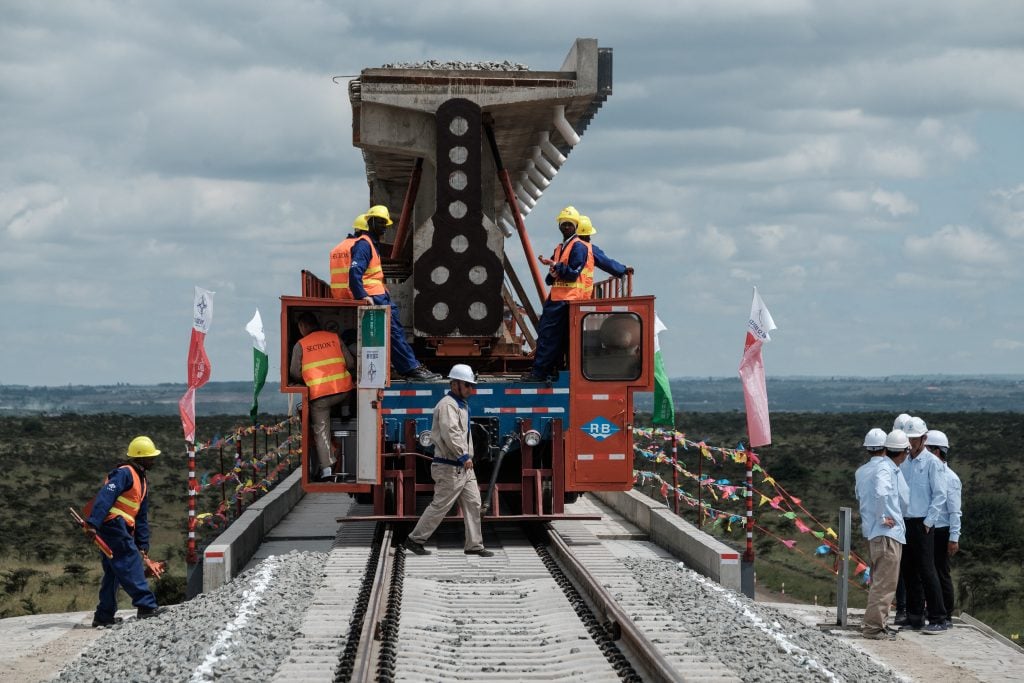
The Africa Investment Forum (AIF) has launched a series of investment roundtables aimed at tackling the continent’s project bankability challenges. The roundtables, dubbed the “Bankability Series”, will bring together key players in project development in Africa to discuss the opportunities and challenges in bringing infrastructure projects to financial close.
The inaugural event, held on the sidelines of the annual meetings of the African Development Bank’s (AfDB) in Nairobi, featured insights from AIF, Cygnum Capital, and the Sustainable Energy Fund for Africa (SEFA), with Aly-Khan Jamal of the Boston Consulting Group steering the discussions.
In her opening remarks Chinelo Anohu, senior director of AIF, underscored the commitment of the Africa Investment Forum’s Bankability Series to propel the bankability of projects across the continent.
“By showcasing innovative approaches and fostering collaboration among key stakeholders, we aim to redirect global capital flows towards Africa’s transformative projects. Together, we can unlock the continent’s vast potential and drive sustainable economic growth.”
She further highlighted the AfDB’s Transition Support Facility (TSF), which provides additional concessional resources to enhance private-sector growth in eligible African Development Fund (ADF) countries, comprising the 37 African countries most vulnerable to fragility and conflict. TSF funds are directed at targeted capacity-building and technical assistance to shorten the time it takes to bring projects to close.
She noted that 10 of 37 boardroom deals presented at the AIF’s Market Days 2023 benefited from the TSF. The AIF’s annual Market Days event brings together transaction sponsors, investors and governments in Board Rooms to move deals toward bankability.
“AIF is partnering with TSF in the transition space where bankable projects are most needed,” she said.
Leveraging the AIF ecosystem
Chris Kandie, executive director at Cygnum Capital, discussed project preparation and development in Africa from a private-sector viewpoint. Key challenges that he cited include limited human resource capacity, a dearth of well-structured deals that hinders the flow of private capital, and coordination issues among project-preparation stakeholders.
He noted that Cygnum Capital, which focuses on frontier markets, is unique because it plays a dual role as both an investor and transaction advisor.
“We sit on both sides of the table, depending on which side of our business is involved in the project,” he said. “On the investment banking side, we work as transaction advisors and help to mobilise funding for project preparation, while on the asset management side we get to see things from the investors’ perspective, and view projects with the critical eye of an investor.”
Kandie noted that Cygumn’s asset management arm oversees some $805m deployed across three funds, adding that the firm has leveraged the AIF ecosystem to identify viable opportunities across the continent.
Cygnum Capital played a central role in advising the Kenya Green Affordable Housing Fund (KGAHF), which successfully achieved its first close of $84.5m in July 2021. The fund attracted investments from local pension funds, development finance institutions, and the European Investment Bank.
Kandie elaborated the approach the firm took to achieve financial close for the project in an expeditious fashion, despite the inevitable delays occasioned by the Covid-19 pandemic. “From a structural perspective, we decided to have a concessional layer of equity to attract and crowd in commercial equity,” he said, citing the instrumental support of FSD Africa – a “financial sector deepening” operation funded by the UK government – in this availing the concessional funds.
An extensive toolbox of financial instruments
Joao Duarte Cunha, head of SEFA – a $500m multi-donor fund managed by the AfDB – highlighted several projects that have been presented to investors through the Africa Investment Forum, including the Facility for Energy Inclusion (FEI), which was Africa’s first dedicated off-grid, mini-grid, and small independent power producer (IPP) debt fund. A $1m grant provided by SEFA ultimately helped to raise over $400m globally across two different funds.
Cunha noted that SEFA has “an extensive toolbox of financial instruments” to help bring projects to financial close speedily. He offered the example of convertible grants. “We offer convertible grants for project preparation in cases where specific projects have high prospects of reaching close within a reasonable time.”
In terms of SEFA’s scope, Cunha noted that SEFA supports interventions across three strategic priorities: green baseload; green mini-grid; and energy efficiency. To enhance the green baseload, SEFA is focusing on increasing the penetration of renewable energy in power systems, with a strong focus on power system stability, and delivering alternatives to fossil-fuel baseload generation options, he explained. This includes supporting energy projects in solar, hydro and geothermal. “We’re also accelerating electricity access to underserved populations through clean energy mini-grid solutions,” he said.
Also present were representatives of the platform’s founding partners: Deutsche Bank; African Risk Capacity Group; the Japan International Cooperation Agency; the German state-owned investment and development bank KfW; the Multilateral Investment Guarantee Agency; IFC; Swiss Re Group; and the Confederation of Chinese Investors, among others.

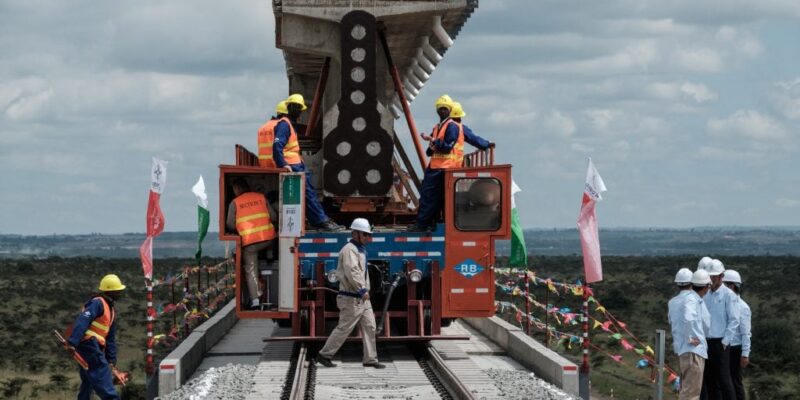

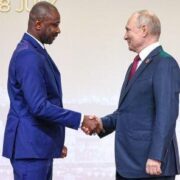

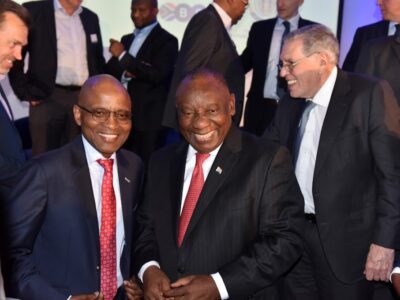

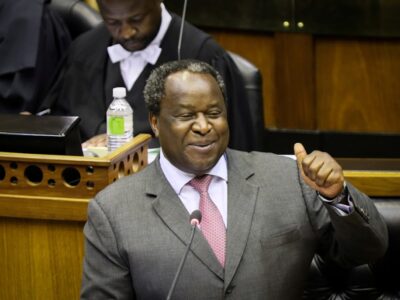

Comments